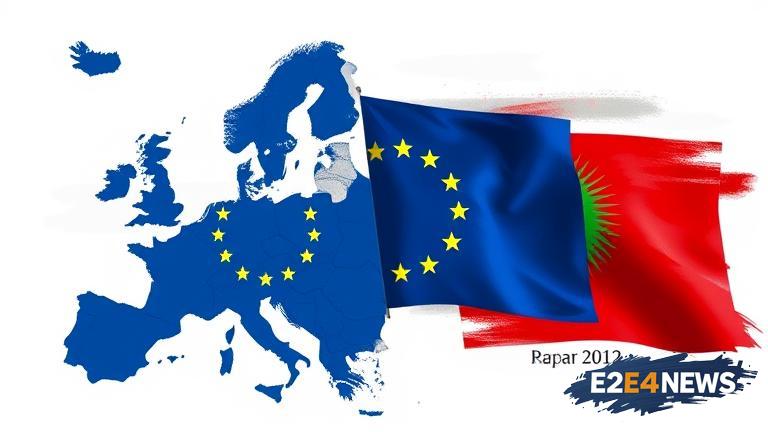The European Commission has once again emphasized its dedication to the European integration of the Western Balkans, a region comprising several countries that aspire to join the European Union. This reaffirmation comes as part of the Commission’s ongoing efforts to support the region’s path towards EU membership. The process involves a series of negotiations and reforms aimed at aligning the candidate countries’ laws and institutions with those of the EU. The Western Balkans, which include countries such as Albania, Bosnia and Herzegovina, Kosovo, Macedonia, Montenegro, and Serbia, have been working towards EU accession for several years. The European Commission’s commitment to opening negotiating chapters with these countries is a significant step forward in this process. Negotiating chapters are essentially areas of EU law that candidate countries must adopt and implement as part of their accession process. The Commission’s decision to open these chapters indicates a willingness to deepen the integration process with the Western Balkans. This move is expected to have a positive impact on the region, promoting economic growth, political stability, and social development. The European Union has a long history of supporting the Western Balkans, providing financial assistance and technical expertise to help the region overcome its challenges. The EU’s engagement with the Western Balkans is also driven by a desire to promote peace and stability in the region, which has experienced conflict in the past. By supporting the region’s European integration, the EU aims to create a more stable and secure environment for all its citizens. The European Commission’s reaffirmation of its commitment to the Western Balkans comes at a time when the region is facing several challenges, including economic difficulties, political instability, and social unrest. Despite these challenges, the region remains committed to its European path, and the Commission’s support is seen as crucial in helping the Western Balkans overcome their difficulties. The negotiating process is expected to be complex and time-consuming, requiring significant efforts from both the EU and the candidate countries. However, the potential benefits of EU membership make this process worthwhile, as it promises to bring about significant economic, political, and social benefits to the region. The European Commission’s commitment to the Western Balkans is also reflected in its financial support for the region, with the EU providing significant funding for projects aimed at promoting economic development, improving infrastructure, and supporting social reforms. This financial support is complemented by technical assistance, with EU experts working closely with their counterparts in the Western Balkans to help the region build its capacity and implement the necessary reforms. The European Commission’s engagement with the Western Balkans is not limited to the negotiating process, as the EU is also working to promote people-to-people contacts and cultural exchanges between the EU and the region. This includes support for educational exchanges, cultural events, and civil society initiatives, all of which aim to promote a better understanding and cooperation between the EU and the Western Balkans. In conclusion, the European Commission’s reaffirmation of its commitment to the Western Balkans is a significant development in the region’s path towards EU membership. While challenges remain, the Commission’s support and the region’s determination to pursue its European path provide a positive outlook for the future. The European Union’s engagement with the Western Balkans is a testament to its commitment to promoting peace, stability, and prosperity in the region, and its support is expected to have a lasting impact on the region’s development.
